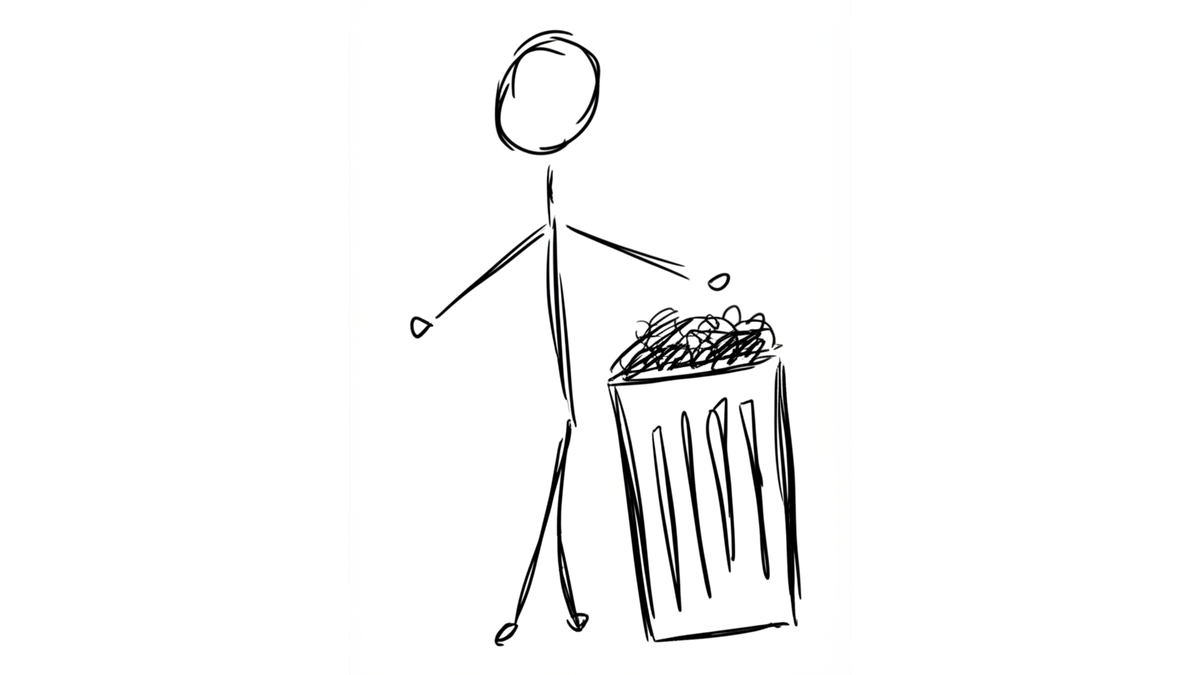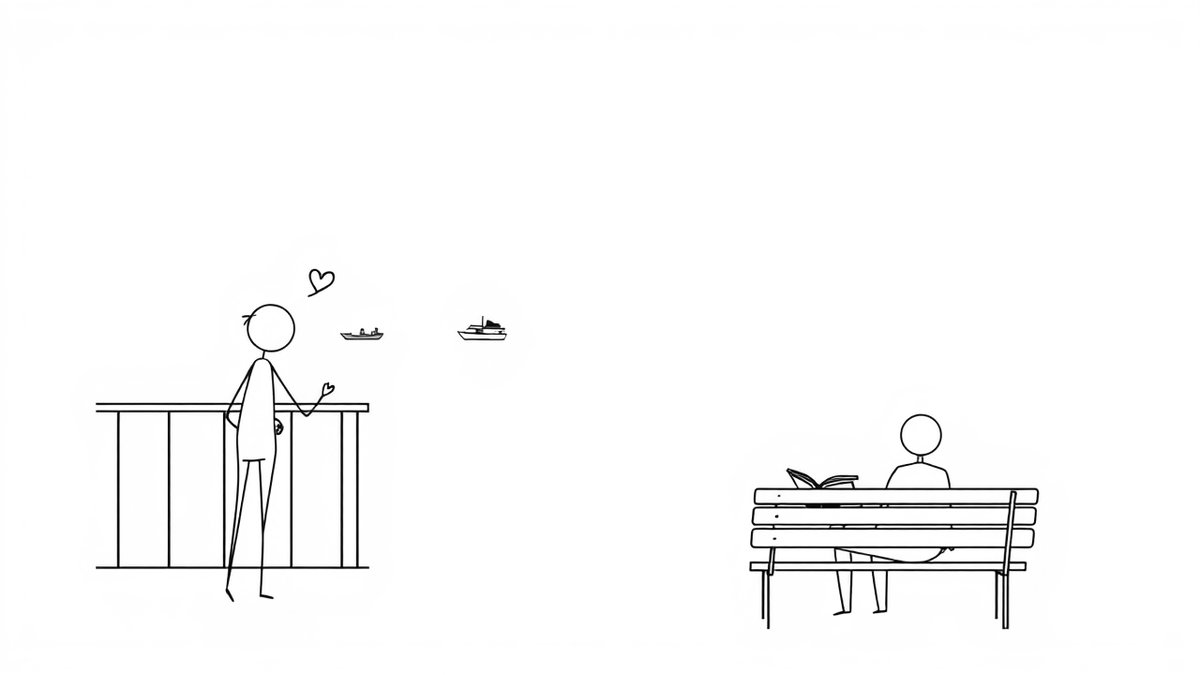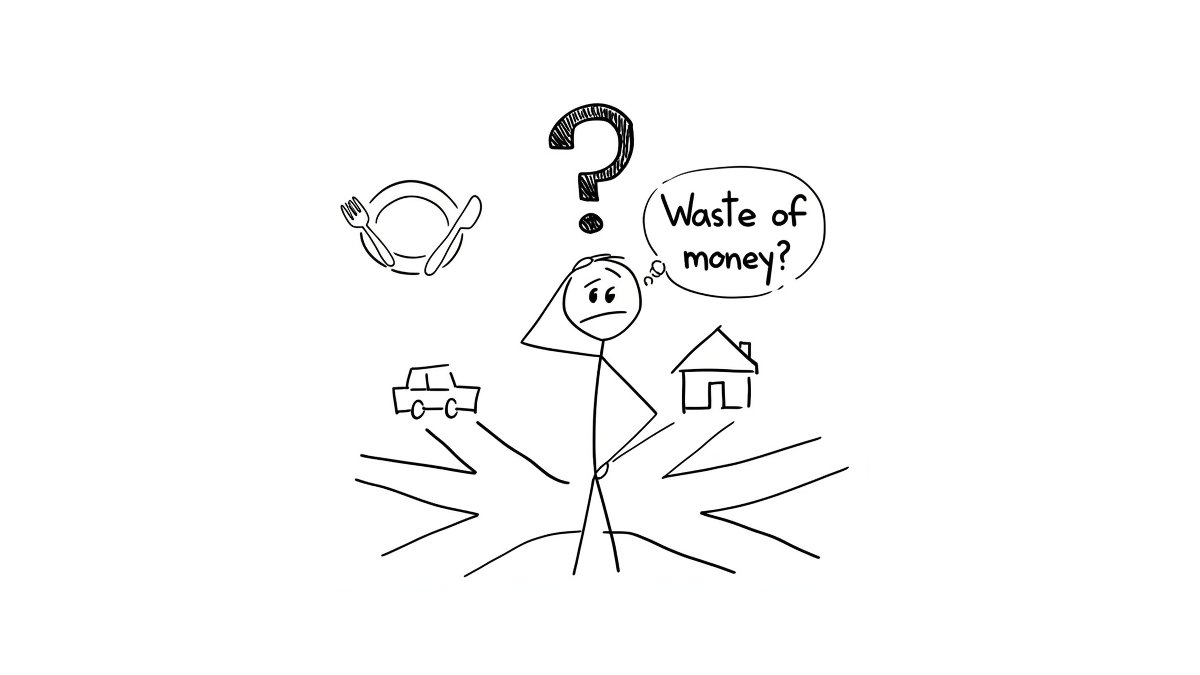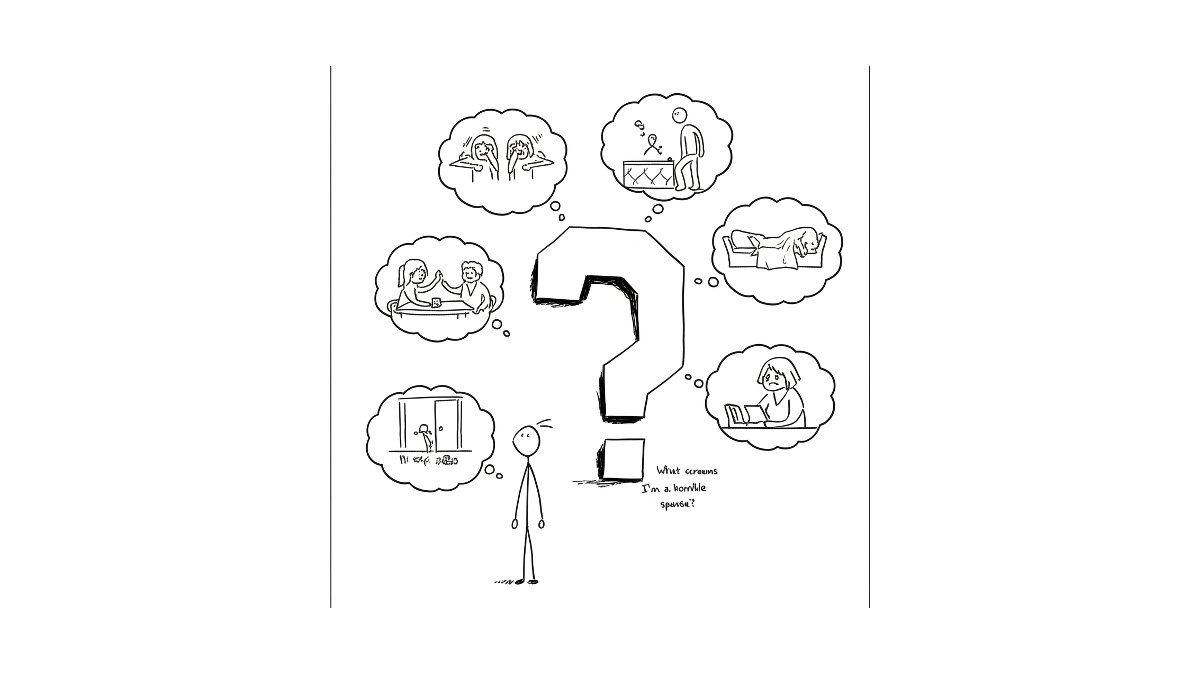Remember Singapore, the ‘Garden City’, the ‘Spotless Island’? For decades, our clean streets and pristine public spaces have been a point of national pride. But lately, many Singaporeans are asking: Is our ‘clean city’ reputation slipping?
Our Shifting Cleanliness Standard
Recent discussions across local forums suggest a growing concern about Singapore’s cleanliness. It’s not just a feeling; many are noticing more litter in common areas like bus stops, sheltered walkways, and HDB void decks. This isn’t about being perfectly spotless, but a perceived decline from our usual high standards.
“I notice a lot more litter at bus stops, along sheltered walkways and in void decks.”
The issue extends beyond just litter. Public toilets, once a benchmark for hygiene, are frequently cited as noticeably dirtier. From hawker centres to coffee shops and even MRT stations, the standard of cleanliness in these essential facilities seems to have dropped, leaving many puzzled and frustrated.
“It’s indeed getting dirtier… esp toilets. I don’t understand why coffee shop n hawker centre toilets can be so filthy.”
Even long-time residents and new arrivals, like one Redditor who visited 15 years ago and recently moved here, confirm this trend. Older estates, like Ang Mo Kio, reportedly show more signs of littering, including high-rise litter, indicating a widespread issue rather than isolated incidents.
Why Are We Facing This?
The reasons behind this perceived decline are complex and multifaceted, often sparking heated debate. A common point raised is Singapore’s significant population growth. With more people, the strain on existing infrastructure and cleaning resources becomes apparent, leading to a visible increase in trash and a struggle to keep up.
“Population exploded. Not enough cleaners. Many new citizens also don’t share the same views.”
Another sensitive, yet frequently discussed, factor is the perceived difference in cleanliness habits among various communities, including new citizens. While it’s unfair to place blame entirely on any single group, there’s a sentiment that diverse cultural norms regarding waste disposal might be contributing to the problem. What’s more, some locals are also observed to disregard rules, knowing fines exist but remaining indifferent.
“I agree with the comments that the influx of foreigners has contributed to declining cleanliness in our country, but it’s not fair to blame them entirely. Some locals also disregard laws, fully aware but indifferent, believing fines from the NEA won’t change their behavior.”
This challenge highlights a contradiction: Singapore aims to be a ‘clean city’ by habit, not just a ‘cleaned city’ by enforcement. The perceived lack of consistent enforcement and budget for cleaning certain areas, especially compared to places frequented by ministers, further compounds the frustration, making it feel like a losing battle.
What Can We Do?
Addressing Singapore’s cleanliness challenge requires a multi-pronged approach that goes beyond just cleaning up. It starts with reinforcing the fundamental message of personal responsibility and collective effort. Education plays a crucial role in shaping habits from a young age and for all residents, new and old.
- Reinforce Anti-Littering
“it’s time we reinforce the anti-littering campaign and step up education in schools and neighbourhoods.”
We need to shift from being merely a ‘cleaned city’ to a ‘clean city by habit.’ This means fostering a culture where cleanliness is ingrained in everyone’s behaviour, regardless of background. Community-led initiatives, like neighbourhood clean-ups, can empower residents to take ownership of their surroundings and lead by example.
- Promote Collective Ownership
“No point being a cleaned city rather than a clean one by habit.”
Ultimately, sustained cleanliness hinges on a collective commitment. Reporting littering incidents through official channels, supporting enforcement efforts, and actively promoting good hygiene practices within our families and social circles are actionable steps. By working together, locals and new residents alike can ensure Singapore retains its reputation as a truly clean and green home for all.





